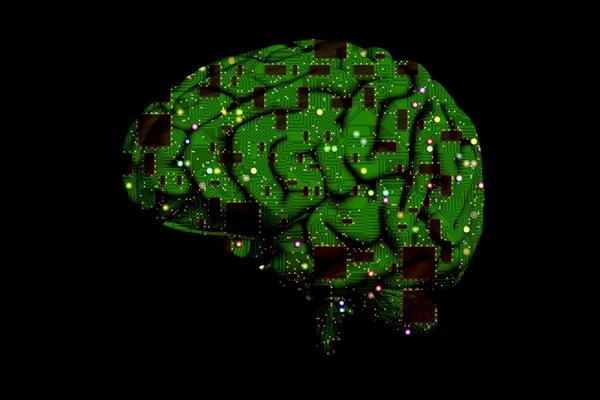26 July 2021. A venture philanthropy group is funding an initiative to find digital data indicators of early onset of Alzheimer’s disease and other forms of dementia. Alzheimer’s Drug Discovery Foundation in New York if providing $2 million to the Early Detection of Neurodegenerative diseases or EDoN project based in the U.K.
Alzheimer’s disease is a progressive neurodegenerative condition, the most common form of dementia affecting growing numbers of older people worldwide. People with Alzheimer’s disease often have deposits of abnormal substances in spaces between brain cells, known as amyloid-beta proteins, as well as misfolded tangles of proteins inside brain cells known as tau. Alzheimer’s Disease International says an estimated 50 million people worldwide are living with dementia, a number expected to grow to 152 million by 2050.
EDoN is an international group of researchers organized in the U.K. that aims to find early evidence of cognitive decline suggesting signs of neurodegenerative disorders like Alzheimer’s disease. The researchers — from the fields of neuroscience, data science, and digital technology — are seeking non-invasive methods for detecting and measuring these indicators, such as wrist bands and mobile apps. Collecting these data from the population at large, say the researchers, can provide a rich source of data on sleep, cognition, mood, navigation ability, gait, and heart rate.
The EDoN team believes these data, combined with today’s clinical measures such as PET scans and blood or cerebrospinal fluid analytics, can train machine-learning algorithms to detect the onset of neurodegenerative disorders some 10 to 15 years before noticeable symptoms such as memory loss develop. The researchers’ objective is to find a basic set of digital indicators that can be incorporated into wearable devices and mobile apps to provide routine monitoring and early alerts of neurodegenerative decline.
Supporting studies to find neurodegenerative indicators
“Global efforts to tackle the diseases that cause dementia are currently hamstrung by our inability to detect them early enough,” says EDoN scientific director Zoe Kourtzi, a University of Cambridge neuroscientist, in a Alzheimer’s Drug Discovery Foundation statement. Kourtzi adds, “Accurate and cost-effective tools for detecting early neurodegenerative disease will provide essential insight into fundamental disease mechanisms, improve clinical diagnosis, and enable existing and future interventions to be given earlier, when they have best possible chance of success.”
EDoN is receiving $2 million from Alzheimer’s Drug Discovery Foundation, an organization supporting development of treatments or preventive tools for Alzheimer’s disease. The funds are expected to support two population studies in Australia enrolling 600 participants, age 40 to 90, including healthy volunteers, people with mild cognitive impairment, and individuals with Alzheimer’s disease. Participants will wear headbands and use activity trackers and apps to capture data for identifying digital indicators of neurodegenerative disorders over time.
Alzheimer’s Drug Discovery Foundation is a venture philanthropy, a charitable organization that directs its donations to groups and projects for maximum social impact, often those considered at higher risk. Venture philanthropies manage their donations like venture investments, often engaging regularly with recipients.
EDoN was formed by Alzheimer’s Research UK, a group supporting research on Alzheimer’s disease and other forms of dementia. The EDoN project is now part of Alzheimer’s Drug Discovery Foundation’s Diagnostics Accelerator, established to create better tools for detecting Alzheimer’s disease and monitoring patients’ progress. Science & Enterprise reported on formation of the Diagnostics Accelerator in July 2018.
More from Science & Enterprise:
- Fitness Tracker Data Show Longer Covid-19 Effects
- Apple Expands Health Data, Trends, Sharing
- Medical Centers Join Covid-19 Digital Biomarker Trial
- Smartwatch Shown to Offer Early Covid-19 Warning
- Apple Watch Helps Personalize Parkinson’s Care
* * *


 RSS - Posts
RSS - Posts
You must be logged in to post a comment.